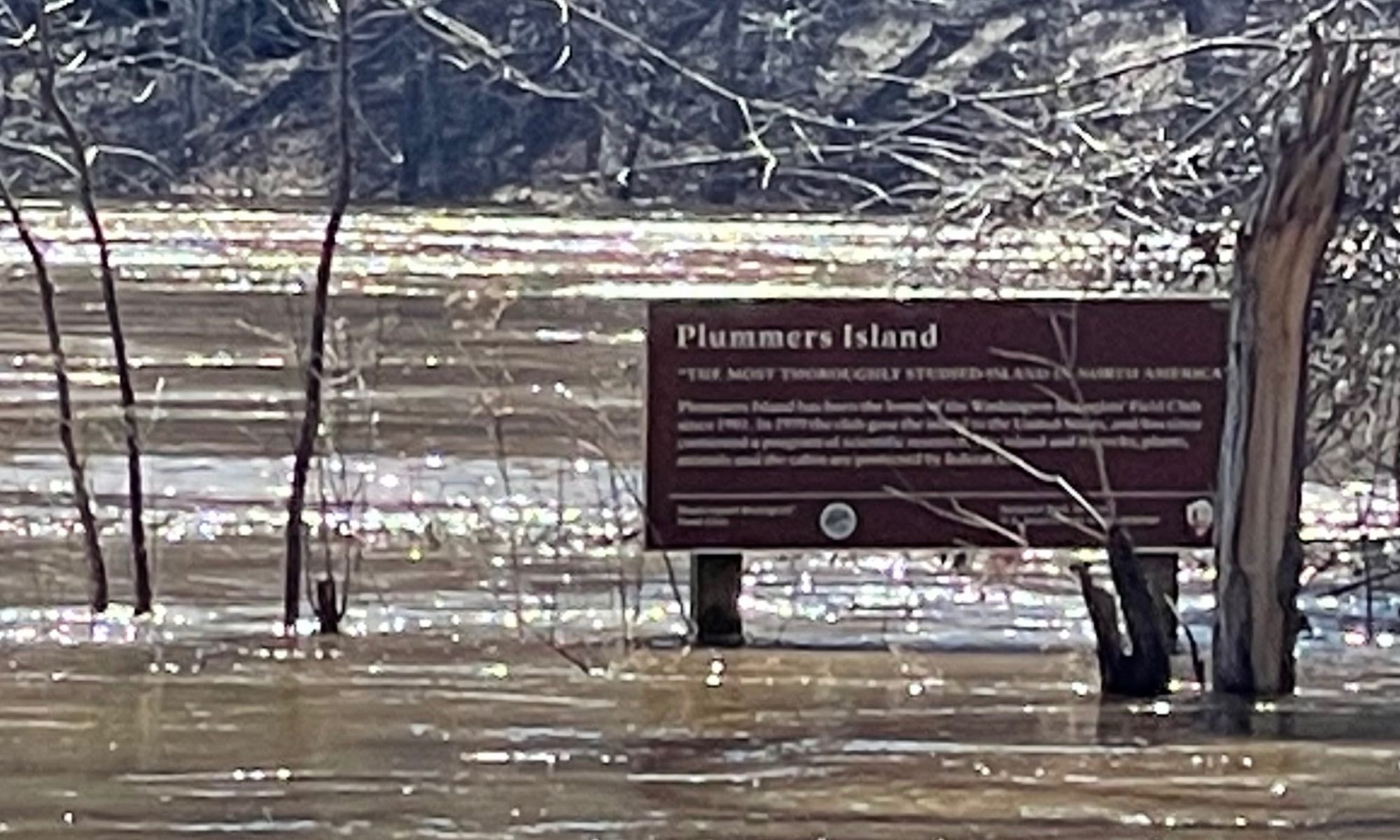
Fuller, Henry S. (Deceased)
Shep, as he was called by his family and associates at Plummers Island to distinguish him from his father, Henry C. (Washington Biologists’ Field Club from 1910 to 1942), was born in Washington, D.C., on June 17, 1917. Some of his earliest recollections were of the many trips he made with his parents and sisters to Plummers Island. There he came in contact with distinguished naturalists whose specialized interests included entomology, botany, mammalogy, and ornithology. From them Shep received a broad acquaintance with the diverse forms of life and developed a lifelong love of nature.
He received his early education in the Washington public schools. In college he majored in chemistry and received a BS degree in that field from Worcester Polytechnic Institute in 1937 and an MD degree cum laude studiorum deculiarum causa in 1941 from Harvard Medical School.
Following a year of internship at the Massachusetts General Hospital, Shep was commissioned a first lieutenant in the Medical Corps of the U.S. Army. He was assigned to a field hospital that was sent to the China-Burma-India theater. Shep undertook field studies in Burma and Assam on the ecology of scrub typhus and the bionomics and taxonomy of its chigger vector. The importance of his investigations led to his subsequent assignment to the U.S. Typhus Commission for the duration of the war. He was promoted to captain during the war and received a terminal leave promotion to major. The Army awarded him the Bronze Star medal for his meritorious achievements in the ecological study of scrub typhus. He also received the medal of the U.S. Typhus Commission.
Following military service, Harvard awarded him a traveling fellowship that enabled him to continue postgraduate studies at the London School of Hygiene and Tropical Medicine. He returned to the Harvard School of Public Health, from 1949 to 1953, where he was first a research associate in medical entomology and then an assistant professor of microbiology. He was awarded a master of public health magna cum laude from Harvard in 1951.
Shep returned to government service in 1953 at the Walter Reed Army Institute of Research as assistant chief, and later chief of the Department of Entomology. In 1956, he was appointed chief of the Department of Rickettsial Diseases and served there until 1963 when he was appointed chief of the Department of Virus and Rickettsial Diseases at the Army Medical General Laboratory at Camp Zama, Japan. He died there of a sudden heart attack in February, 1964.
Shep was a brilliant scholar with a wide range of interests. He was especially concerned with mites, lice, and fleas of medical importance. His 50 plus publications emphasized ecology and systematics of acarine disease vectors and the ecology and epidemiology of those diseases. At the time of his death he had made significant progress on a history of medical entomology.
Shep was elected to the Washington Biologists’ Field Club in 1949. He was chairman of the house and grounds committee from 1958 to 1962, and served as elected member of the board of managers from 1961 to 1963. Shep performed “grouse and hounds” (his term) committee chairman with great devotion, and at times with a degree of personal inconvenience. On one lovely spring day Shep, wearing elbow length, heavy rubber veterinarian gloves, assumed the uninviting task of emptying the well-rotted contents of the box latrine into heavy grocery sacks, which were then carted downhill. This exploit prompted Shep’s cryptic notation in the Club register that “we removed certain formed objects as well as grossly amorphous material from the smaller of the two buildings on the property.”
With Shep’s untimely death, medical science lost an original and distinguished investigator who had accomplished much. His trenchant wit, warmhearted interest, and general spirit of camaraderie made him a cherished companion of his intimate friends.

